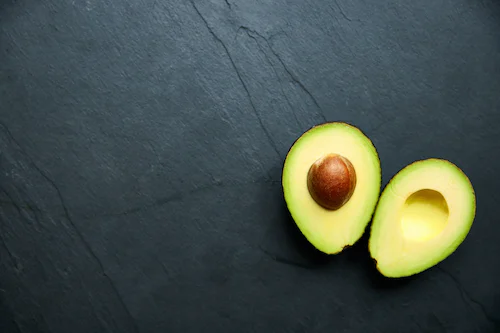Avocados are a fruit that is high in healthy fats, fiber, and vitamins. They are commonly used in recipes ranging from guacamole to smoothies, and are often used as a substitute for dairy products in vegan recipes.
Avocado Farming and Animal Agriculture
One of the main reasons why avocados have come under scrutiny in the vegan community is because of the way they are farmed. Many avocado farms are located in areas where animal agriculture is prevalent, and some farmers use animal by-products such as bone meal as fertilizer.
Are Avocados Vegan?
So, the big question is, are avocados actually vegan? The answer is not straightforward. While avocados themselves are a plant-based food and contain no animal products, the way they are farmed can involve the use of animal by-products. However, it’s worth noting that not all avocado farms use animal-based fertilizers, and there are alternatives available.
The Ethics of Avocado Farming
Even if avocados can be considered vegan, the ethics of avocado farming are still a point of contention for many. The high demand for avocados has led to deforestation, water scarcity, and exploitation of workers in some regions where avocados are grown.
The Bottom Line
So, what’s the verdict? Are avocados vegan or not? It ultimately depends on your personal beliefs and values. While avocados themselves are a plant-based food, their farming practices can involve the use of animal by-products and can have negative environmental and social impacts. As with all food choices, it’s important to consider the bigger picture and make informed decisions.
The Environmental Impact of Avocado Farming
The high demand for avocados has led to deforestation and water scarcity in some regions where avocados are grown. In some areas, farmers are illegally clearing forests to make room for avocado orchards. Additionally, avocado farming requires a significant amount of water, which can lead to water scarcity and environmental degradation in areas where water is already scarce.
The Social Impact of Avocado Farming
In addition to the environmental impact, avocado farming can also have negative social implications. Many avocado farms are located in developing countries where labor laws and worker protections are not as strong. Workers on avocado farms may face exploitation, low wages, and poor working conditions.
Avocado Farming and Climate Change
Avocado farming, like all agriculture, has an impact on the environment and contributes to climate change. Avocado orchards require a significant amount of water, energy, and resources to maintain, and the transportation of avocados around the world contributes to greenhouse gas emissions.
Alternative Avocado Products
For those who are concerned about the ethical and environmental implications of avocado farming, there are alternative avocado products available. For example, some companies are developing avocado alternatives made from plant-based ingredients, such as soy or peas. Additionally, there are many other plant-based sources of healthy fats, such as nuts, seeds, and coconut.
Making Ethical and Sustainable Food Choices
Ultimately, the decision of whether or not to consume avocados is a personal one. However, it’s important to consider the larger impact of our food choices and to make informed decisions that prioritize sustainability and ethics.
Nutritional Benefits of Avocados
Despite the controversy surrounding avocado farming, there is no denying the nutritional benefits of avocados. Avocados are high in healthy fats, fiber, and vitamins such as potassium, vitamin K, and vitamin C. They have also been linked to improved heart health, lower cholesterol levels, and a reduced risk of certain types of cancer.
How to Make Ethical and Sustainable Choices When Buying Avocados
If you do choose to consume avocados, there are steps you can take to ensure that you are making ethical and sustainable choices. Look for avocados that are certified organic and Fair Trade. These certifications ensure that the avocados were grown using sustainable practices and that the farmers were paid fair wages. Additionally, try to buy avocados that were grown locally or at least within your country to reduce the environmental impact of transportation.
Conclusion
In conclusion, the question of whether or not avocados are vegan is a complex one. While avocados themselves are a plant-based food, the way they are grown and harvested can have negative environmental and social implications. Ultimately, it is up to individuals to weigh the potential benefits and drawbacks of consuming avocados and to make informed choices based on their personal values and priorities. By being mindful of our food choices and prioritizing sustainability and ethics, we can work towards a more just and equitable food system for all.

